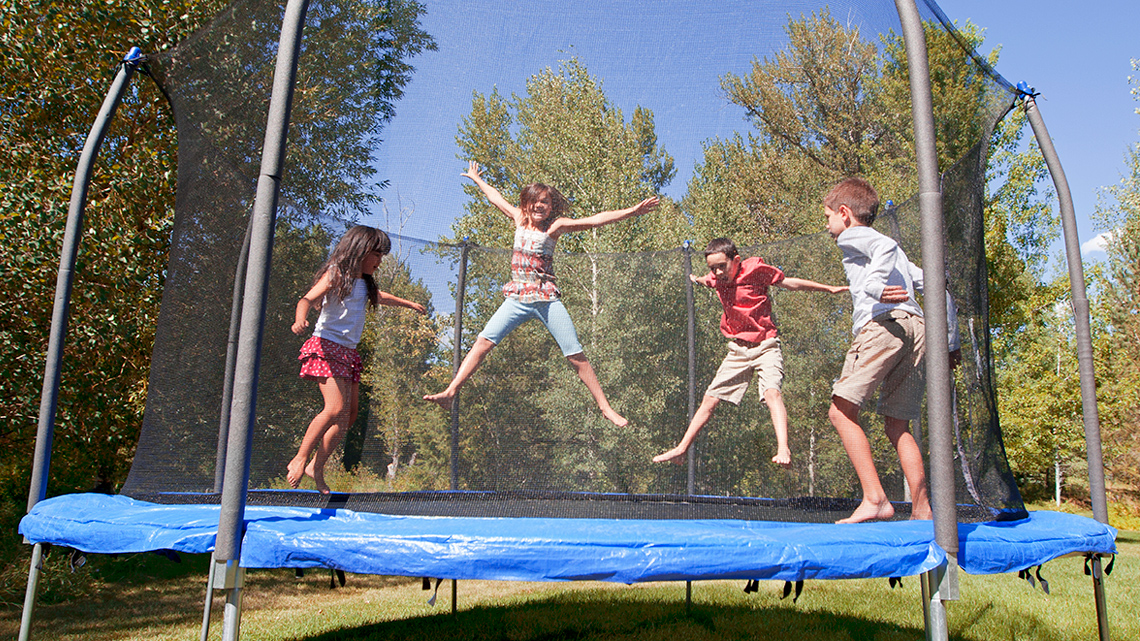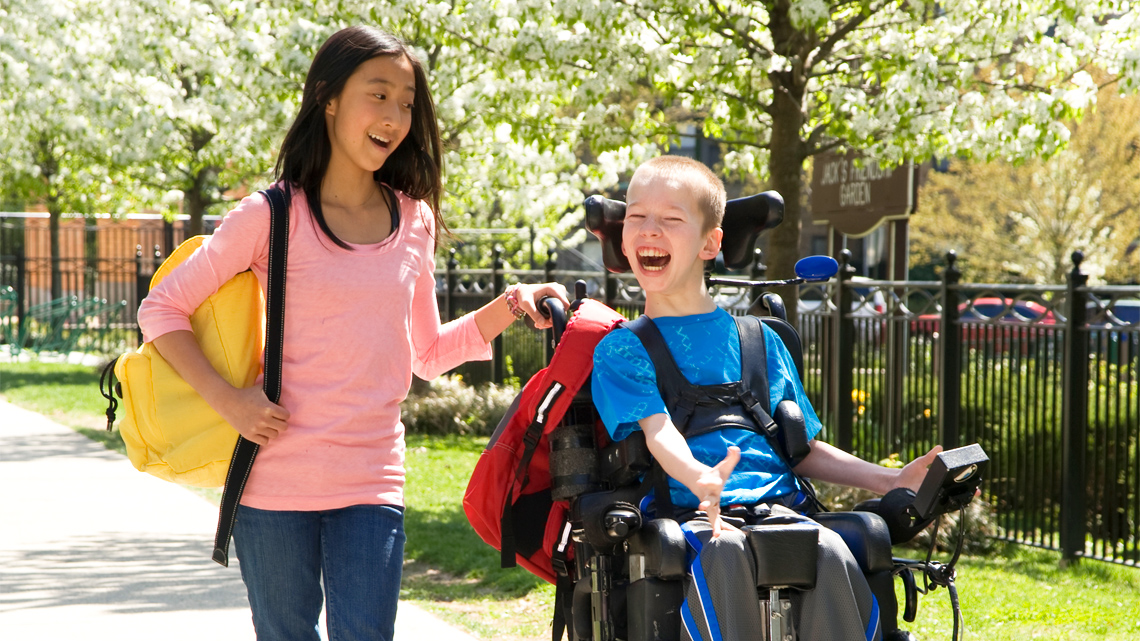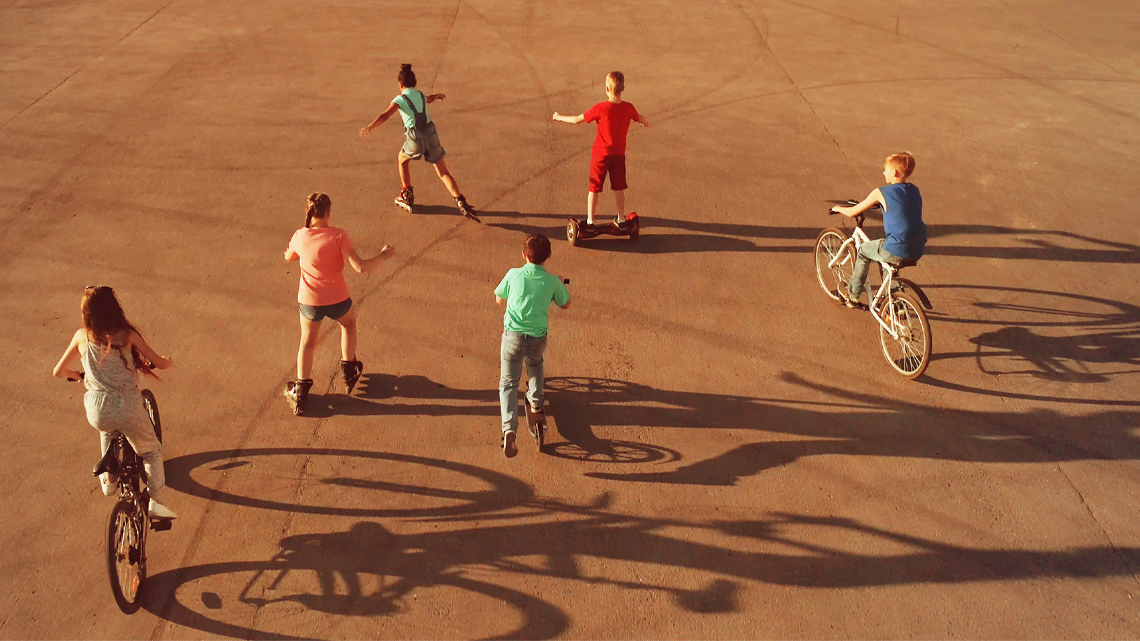Minds On
Why DPA?
DPA stands for daily physical activity. To be healthy, it is important to perform physical activity every day. This can include a wide variety of activities.
Brainstorm
Brainstorm
What activities do you think could be included in daily physical activity?
Explore this carousel of images and descriptions to get you started. Record your ideas in a method of your choice.
Action
Everyday DPA
Daily physical activity has many benefits, including these:
- It makes us happy.
- It gets us ready to learn.
- It provides us with energy.
- It supports our mental health.
- It creates positive relationships with others.
- It helps us to learn better, focus better, and manage our time better.
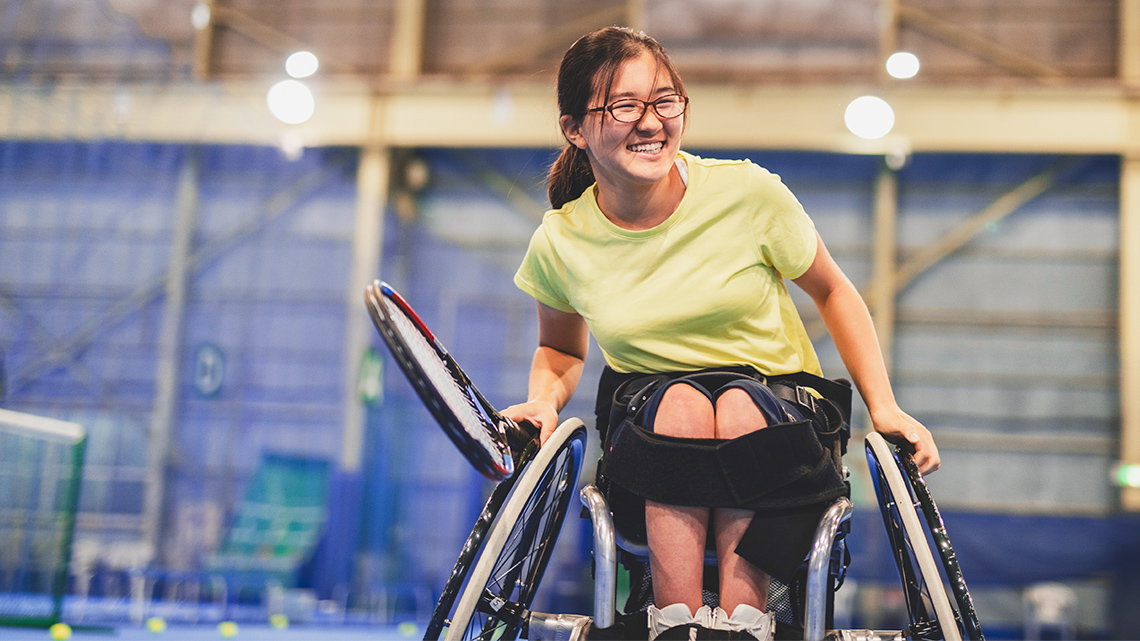
ABC activities
In the Minds On section, you thought of examples of daily physical activities.
Another way to do 20-minutes of daily physical activity is to work through a series of exercises once a day.
Safety
Before you begin:
For this series, set a timer for 20 minutes. Call out a letter of the alphabet and complete the exercise associated with that letter 10 times (or for the count of ten). Then, call out another letter and continue through the exercises until you had completed all of them.
You can explore ABC With Activities in this printable document.
Press the ‘Activity’ button to access ABC With Activities.
| Movement | Movement | ||
|---|---|---|---|
| A |
Arm circles Stretch arms straight away from body Move arms in a circle motion frontwards or backwards |
N |
Nine small hops 9 Tiny jumps |
| B |
Balances Stand on one foot and balance body Keep as still as possible |
O |
Overhead arm stretches Stretch your arms into the air to make yourself as tall as you can |
| C |
Chase Find a partner and chase them around your space safely |
P |
Pulling an imaginary rope Bend your waist Pretend that you are pulling a rope with your arms |
| D |
Dances Move your body in any way you choose |
Q |
¼ arm circles Tiny arm circles |
| E |
Elevated balances Balance on your tip toes |
R |
Roaming around your space Walk around your space safely |
| F |
Frozen pose Move your body around your space When someone says, STOP! freeze in the position you are in |
S |
Stepping over an imaginary line Step over a line in your space back and forth |
| G |
Giraffe stretch Stretch your body to make it as long or tall as you can |
T |
Twisting your body side to side Keep your feet still Move your body to face one side and then twist to face the other |
| H |
High jumps Jump on both feet as high into the air as you can |
U |
Underhand throwing motions Pretend that you are rolling a ball |
| I |
In-line skating Pretend you are skating on the floor in one place |
V |
Vertical (up and down) body motions This can be a jump up and down or a stretch up and down |
| J |
Jumping jacks Jump both legs out and clap both hands over your head at the same time |
W |
Walking quickly in one spot Pretend that you are walking but stay in one place |
| K |
Alternating kicks Kick in one direction and then kick your other leg |
X |
Extra wide stepping forward and backward Take a very big step forwards Take a very big step backwards |
| L |
Two-footed leaps This is a jump on both feet away from where you are standing |
Y |
Your own choice of exercise |
| M |
Moving your body in a movement of your choice |
Z |
Zebra walk On your hands and knees, walking safely around your space |
Pause and Reflect
Pause and reflect
- What do you notice and wonder?
- What types of activities are included? Why?
- Is this an example of a series of activities you would enjoy doing? Why?
- What would you change about this series of exercises? Why?
Number activities
For this series, set a timer for 20 minutes. Roll a die and complete the exercise that is beside that number 10 times (or for the count of ten). Then roll the die again and continue through the exercises until you have completed all of them 6 times.
Here are the exercises associated with each number:
- 1: a movement of your choice
- 2: take 5 movements forward then 5 movements backward
- 3: move your body in a straight line for 5 seconds, then return to where you started
- 4: stretching one part of your body for 10 seconds, then repeat
- 5: squat or lunge for 5 seconds, then repeat
- 6: full arm circles
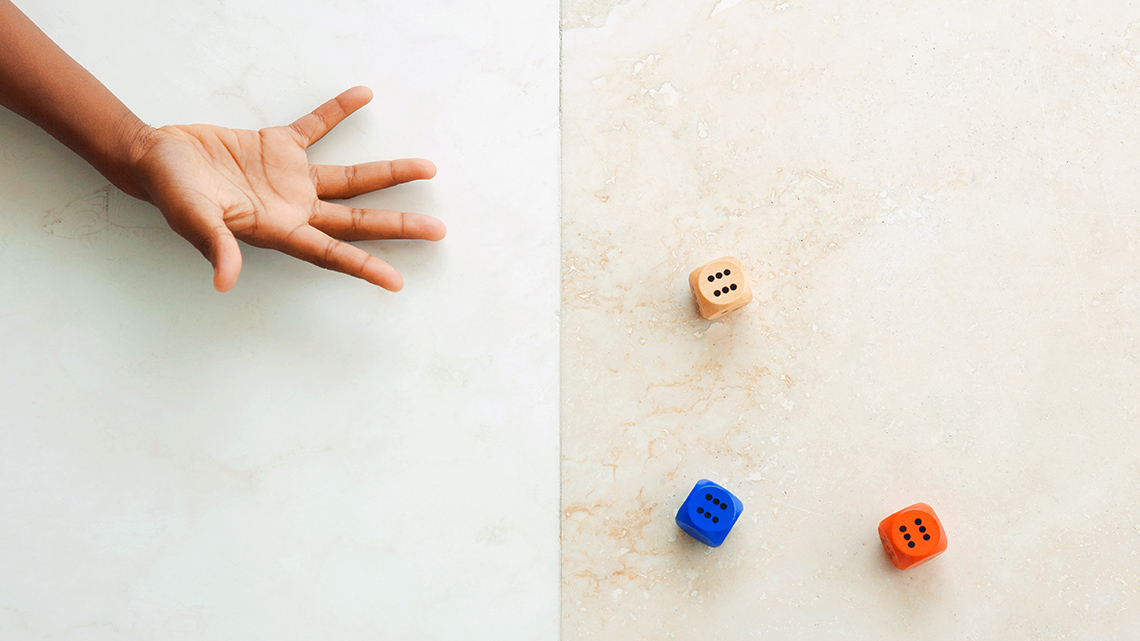
Pause and Reflect
Pause and reflect
- Is this an example of a series of activities you would enjoy doing? Why?
- What would you change about this series of exercises? Why?
It is your turn!
Can you create your own series of exercises that can be a DPA activity?
Press the following tabs to find tips for three steps to follow when building your series.
If possible, have a partner try to complete your series.
Consolidation
Benefits of DPA
Why should we participate in DPA? Complete this true/false activity of the benefits of DPA.
Match each sentence to the word true or false in each box.
Promoting DPA

Student Success
Think-Pair-Share
How can you share your learning with others about the benefits of daily physical activity?
Create a thoughtful message that would get others participating in 20 minutes of daily physical activity. You could create a video, an audio recording, or present your message in person.
Your message should include the following:
Sharing the Benefits of DPA
Reflection
How do you feel about what you have learned in this activity? Which of the next four sentences best matches how you are feeling about your learning? Press the button that is beside this sentence.
I feel…
Now, record your ideas about your feelings using a voice recorder, speech-to-text, or writing tool.
